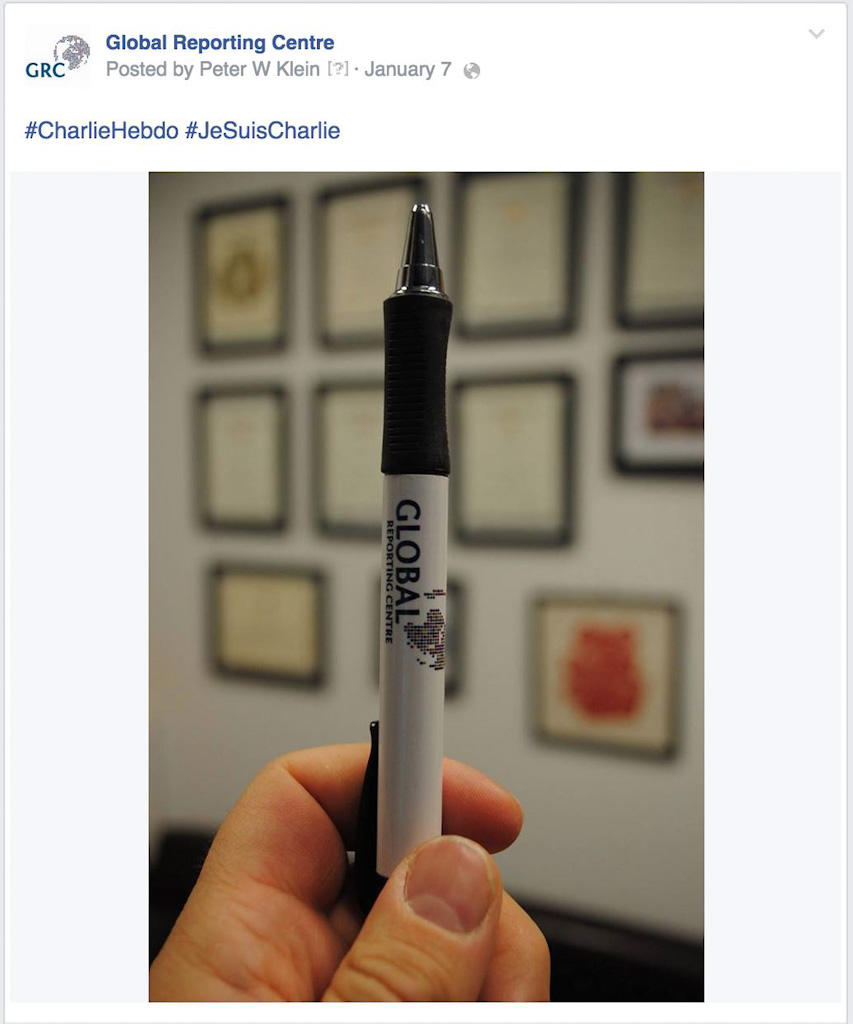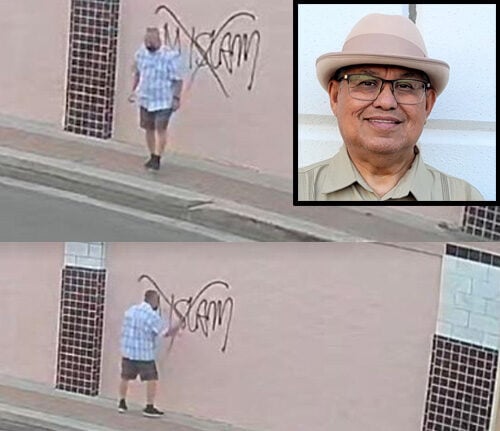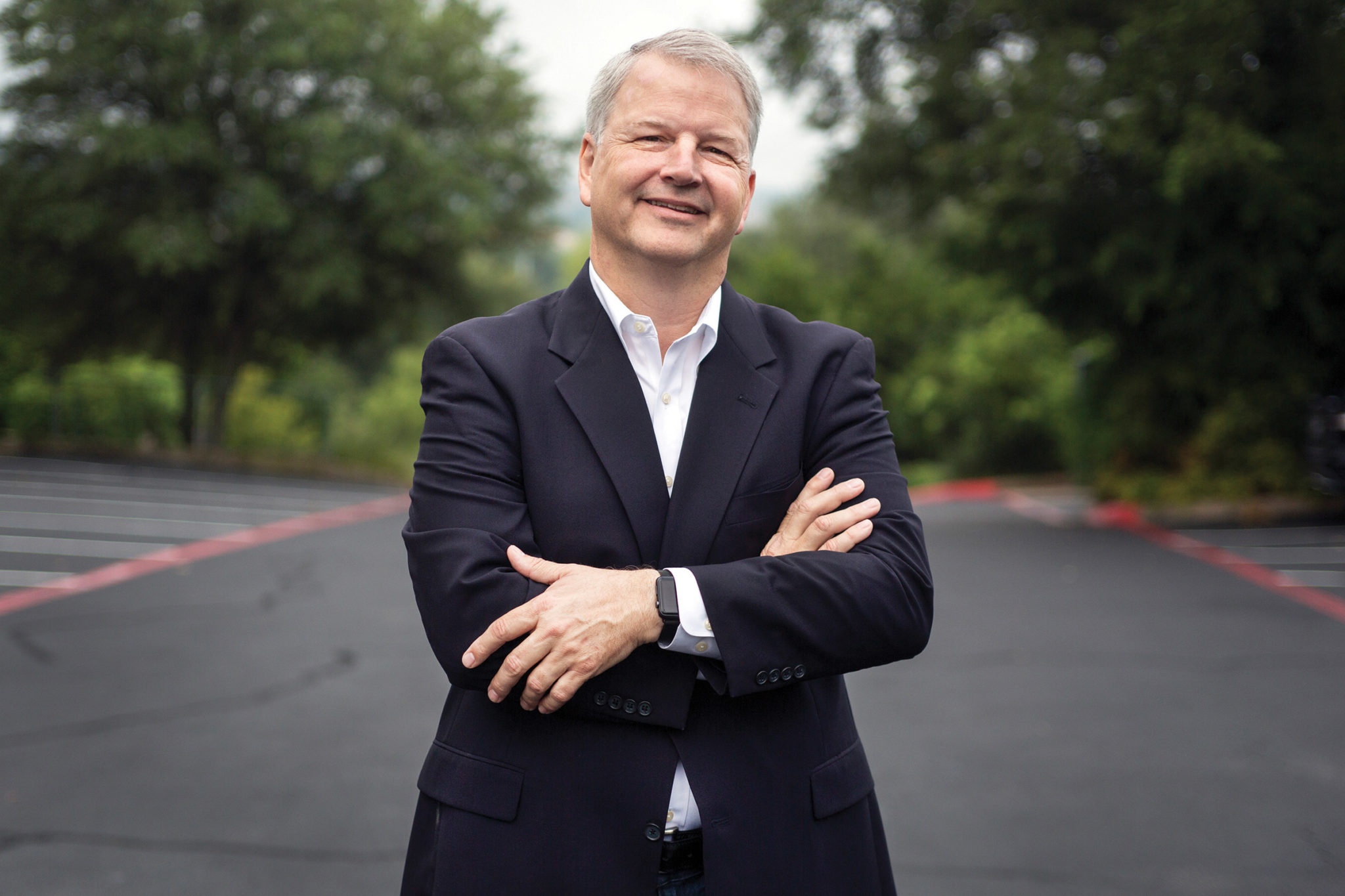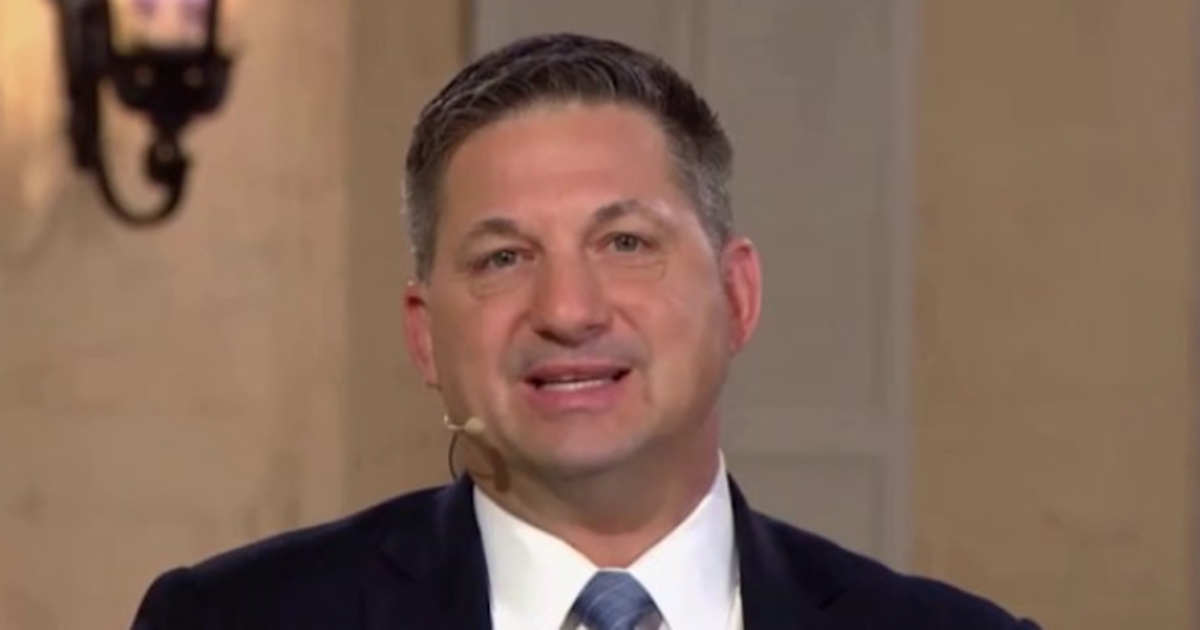
Being Charlie Hebdo

A version of this story ran in the February 2015 issue.
Allow me to dig up some long–forgotten high school French: Somme-nous Charlie?
Are we Charlie?
I’m referring, of course, to Charlie Hebdo, the French satirical magazine that lost eight journalists, four of them cartoonists, in a terrorist attack in Paris in early January. In the wake of the attack—which killed a total of 12 people and injured 11 more—the phrase “Je suis Charlie,” or “I am Charlie,” became a worldwide rallying cry in support of free speech and solidarity with the magazine.
But what does “I am Charlie” mean in light of this leftist publication’s long history of publishing incendiary cartoons, many targeting Islam and other religions, that often use racist visual tropes—hook-nosed Arab men, big-lipped African women—in its South Park-esque crusade as an equal-opportunity offender?
I put the issue to Jen Sorensen, an award-winning Austin-based political cartoonist and graphic culture editor at Fusion.net.
“I was horrified by the attacks,” she told me. “It is a cartoonist’s worst nightmare.”
But she’s also struggling with responses to the attacks that demur from and even decry criticism of the cartoons themselves—a strange irony in light of the fact that Charlie Hebdo itself is a space where nothing is sacred.
“I’m seeing people imposing abstract principles onto realities without really taking into account the situation on the ground,” Sorensen said.
There is a tension here between the admirable and sometimes abstract principle of free speech and the real-world impact of cartoons that lampoon a marginalized population—for example, French Muslims, who have come under literal attack in the wake of the Hebdo murders, with bombing attempts at French mosques and Muslim businesses.
“I think you have to view this in a context and not in a vacuum,” said Sorensen. “And when you do, I think things become more complicated and you can’t be so simplistic.”
Standing up for and supporting the right to free speech, even—perhaps especially—for those with whom we might vehemently disagree, is honorable. But so too is using that same free speech to question, criticize and even condemn cultural artifacts that promote and reify damaging narratives about race, sexuality, gender, religion or any other trait for which people are oppressed or persecuted.
Who is empowered, and who is harmed, by depictions of hook-nosed Arab men in Muslim dress? Who are we laughing at, and who are we laughing with? We cannot simply stop at support for free speech when we talk about the murders at Charlie Hebdo; we must go further and ask: What do we do next?
The problem with the idea of equal-opportunity offenders is that it presumes that power is equally distributed. We know, of course, that it isn’t.
“As a cartoonist, I feel a little like a doctor, where you want to do no harm,” Sorensen said. “I try very hard not to punch down. Yes, we can be irreverent and even tasteless at times, but you try not to punch down.”
Defending someone’s right to punch down is not at all the same as defending the downward punch itself. This is the problem with the idea of equal-opportunity offenders—it presumes that power is equally distributed. We know, of course, that it isn’t.
Take on the mantle of “Je suis Charlie” if you choose, but there is more to be done in the service of free speech worldwide. Sorensen’s suggestion: Support the work of Cartoonists Rights Network International, a nonprofit group that, per its mission statement, “defends the creative freedom and human rights of editorial cartoonists under threat throughout the world,” especially in countries where political cartoonists have been silenced, threatened and, yes, even killed for publishing their work.
“There are cartoonists around the world, people in the Middle East and South Africa, who really are doing intelligent cartoons that really do speak truth to power,” Sorensen said, but “they don’t get talked about when they get killed, it doesn’t make the news. We should give them the outpouring of respect and concern that we’re giving Charlie,” Sorensen said.
That’s not to take away from the terrible tragedy in Paris, but to add another layer of nuance to a difficult and ongoing conversation about Western privilege.


